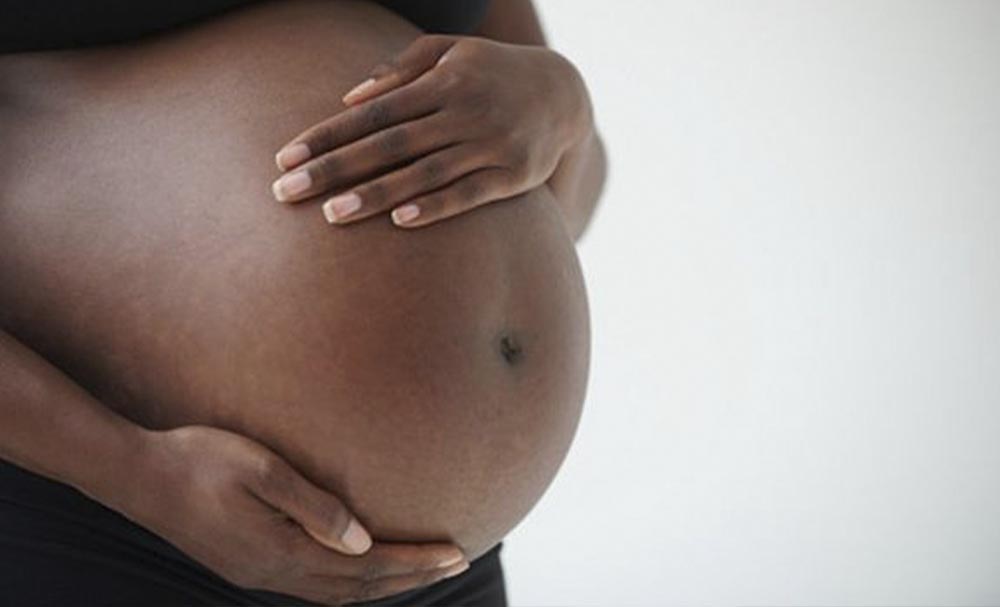Adverse pregnancy outcome disclosure and women’s social networks: a qualitative multi-country study with implications for improved reporting in surveys. BMC pregnancy and childbirth.
Dr. Yeetey Akpe Kwesi Enuameh

Adverse pregnancy outcome disclosure and women’s social networks: a qualitative multi-country study with implications for improved reporting in surveys. BMC pregnancy and childbirth. 2022 Dec;22(1):1-1. (https://www.ncbi.nlm.nih.gov/pmc/articles/PMC4825245/)
ABSTRACT
Objectives:
The current study sought to examine the association between the degree of pain and socioeconomic status among older male and female Ghanaians.
Method:
Data were drawn from the 2007–08 World Health Organization Global Ageing and Adult Health (SAGE) survey conducted in Ghana (Young adults=803, Adults=1689 and Older adults=2616). This includes bodily aches Ghanaians experienced in the last 30 days. Analyses of the association of pain with predisposing and enabling factors were carried out by means of ordinal logistic regression analysis.
Results:
In the age-adjusted model, pain was statistically significantly associated with the cohabitating group as its marginal effect suggests that respondents in that category were less likely to experience pain as related to the others in women.
Conclusion:
This study established that Ghanaian men go through more pain than their women counterparts. This article is premier to our knowledge to apply ordered logistic for the degree of pain.
Keywords: degree of pain, predisposing factors, enabling factors, prevalence, ageing Ghanaians